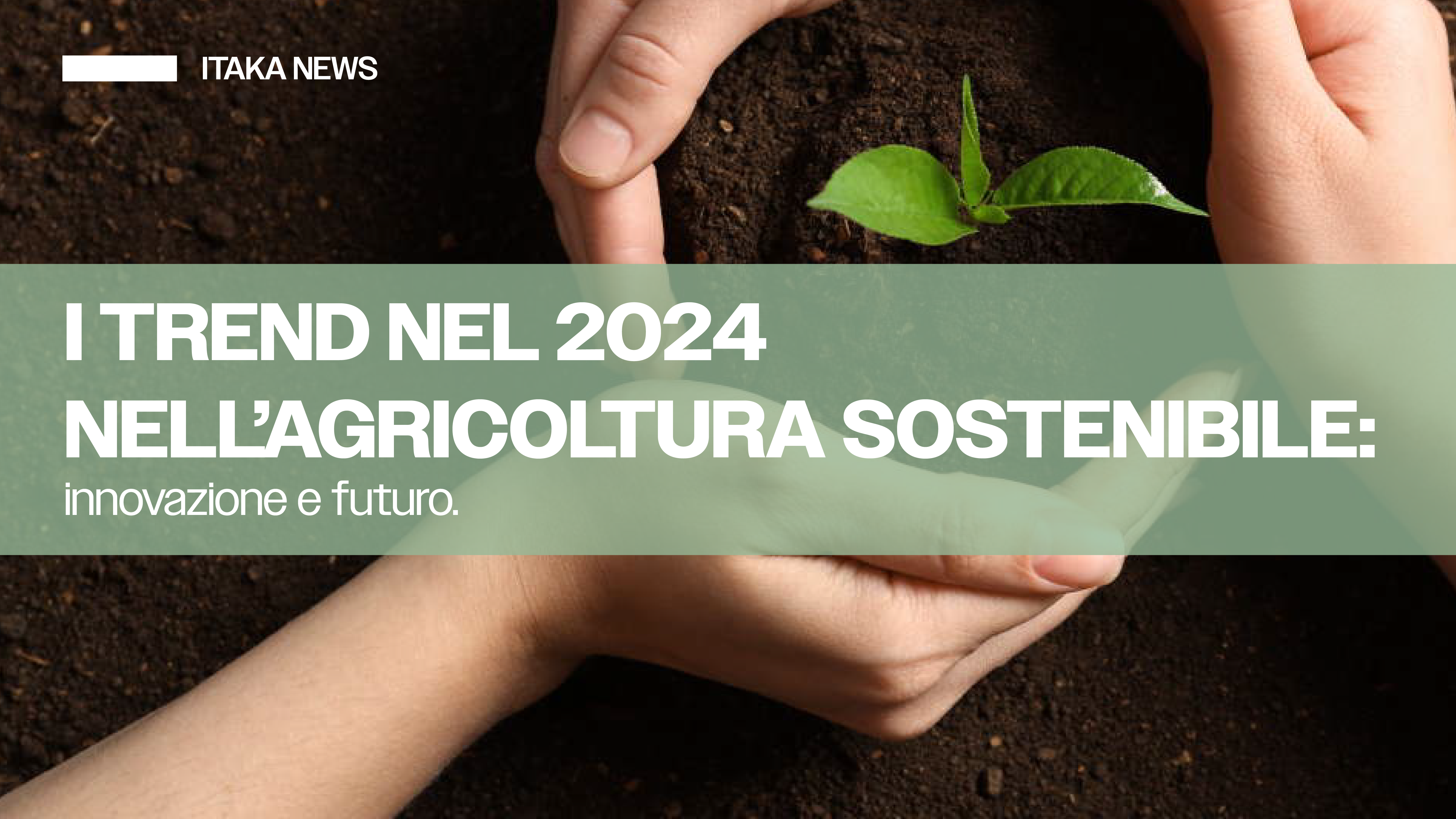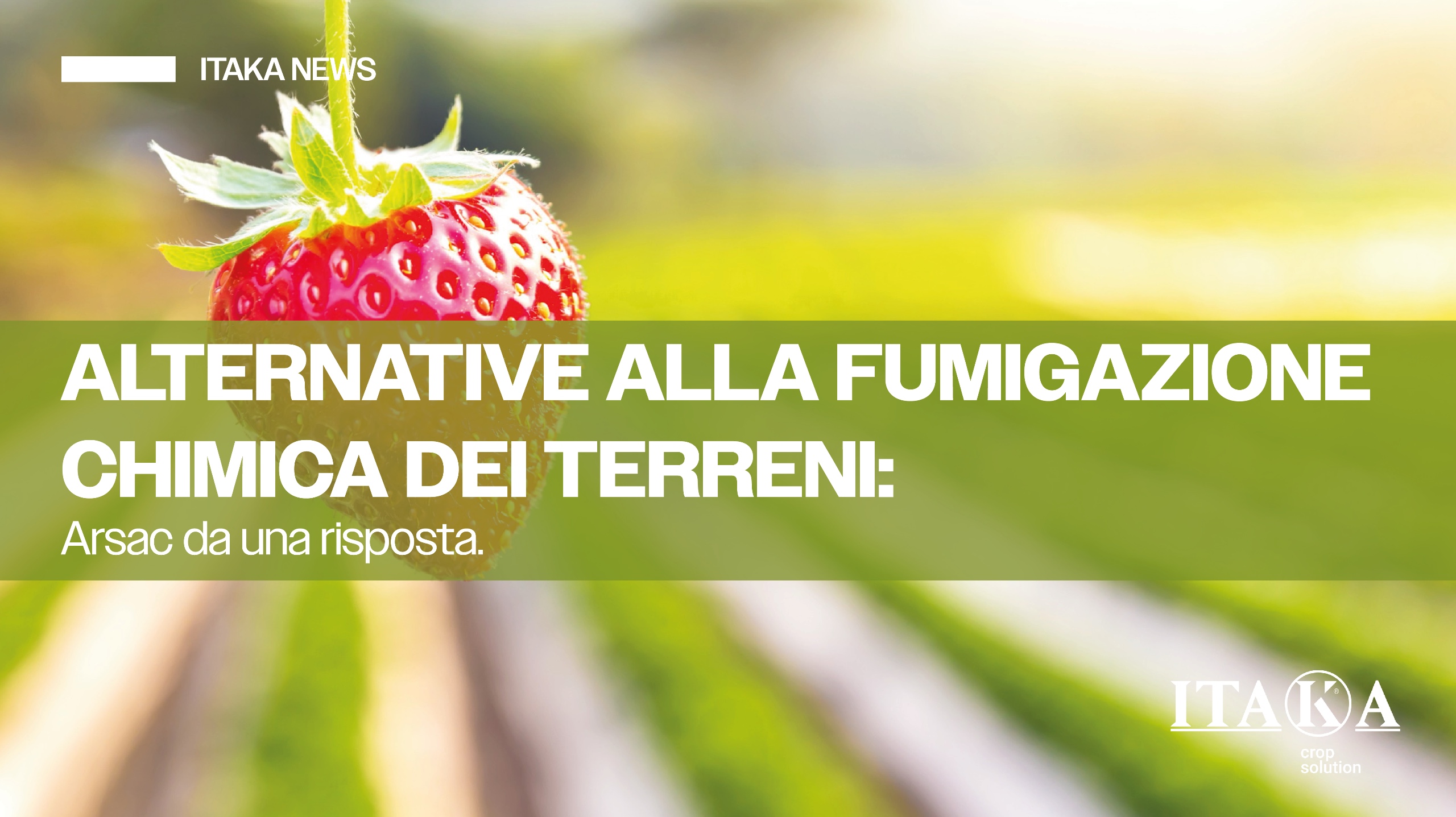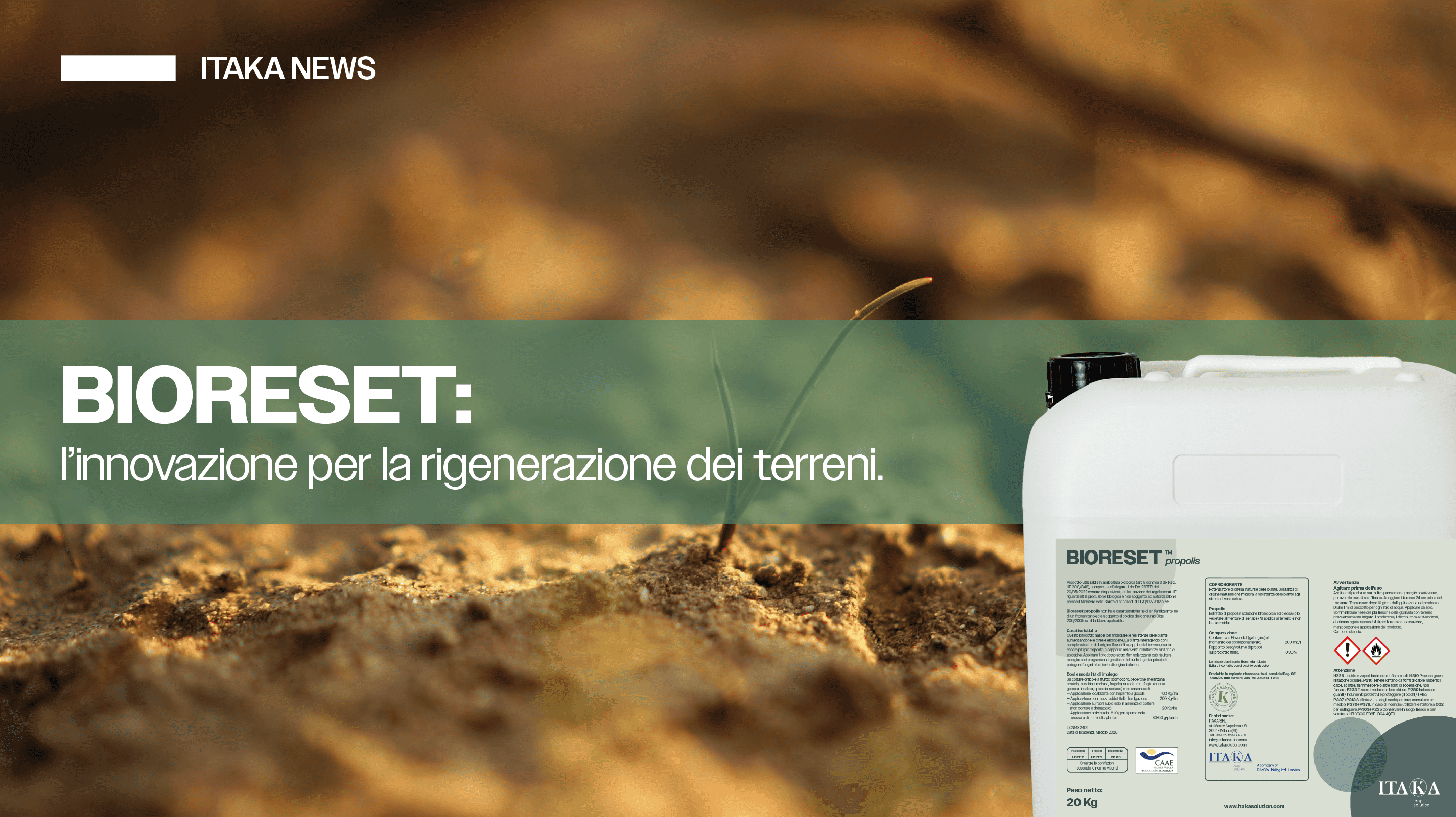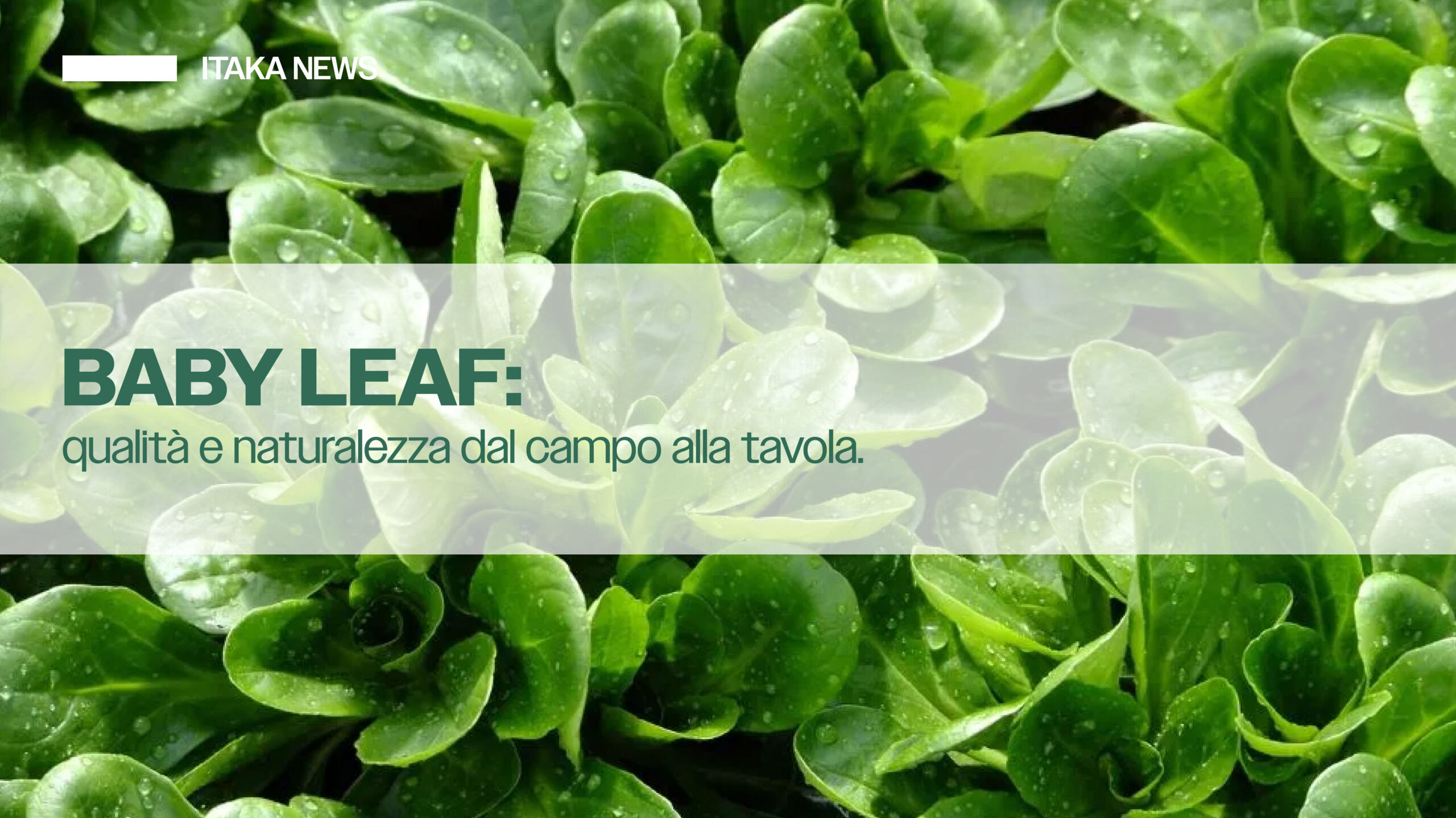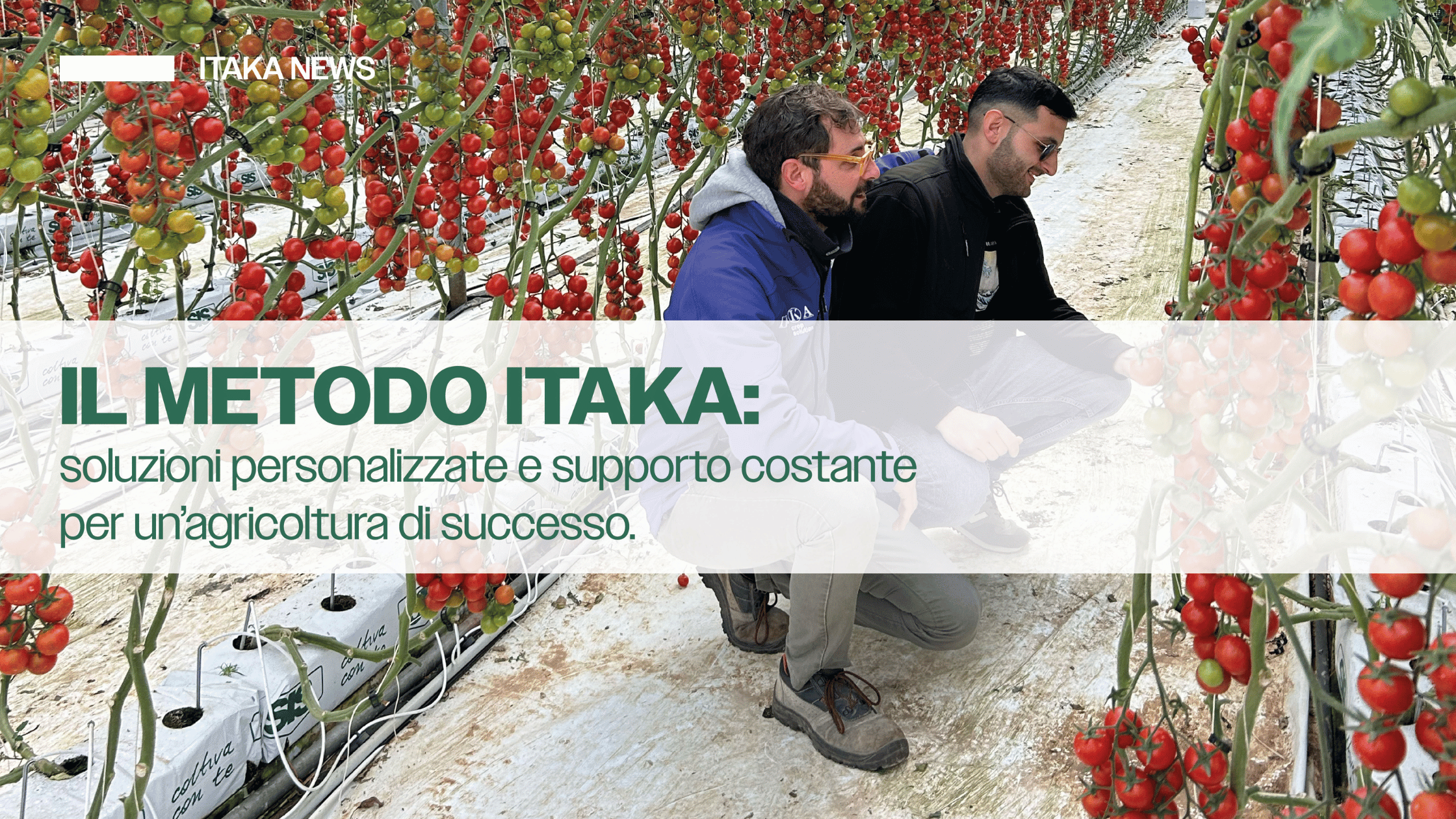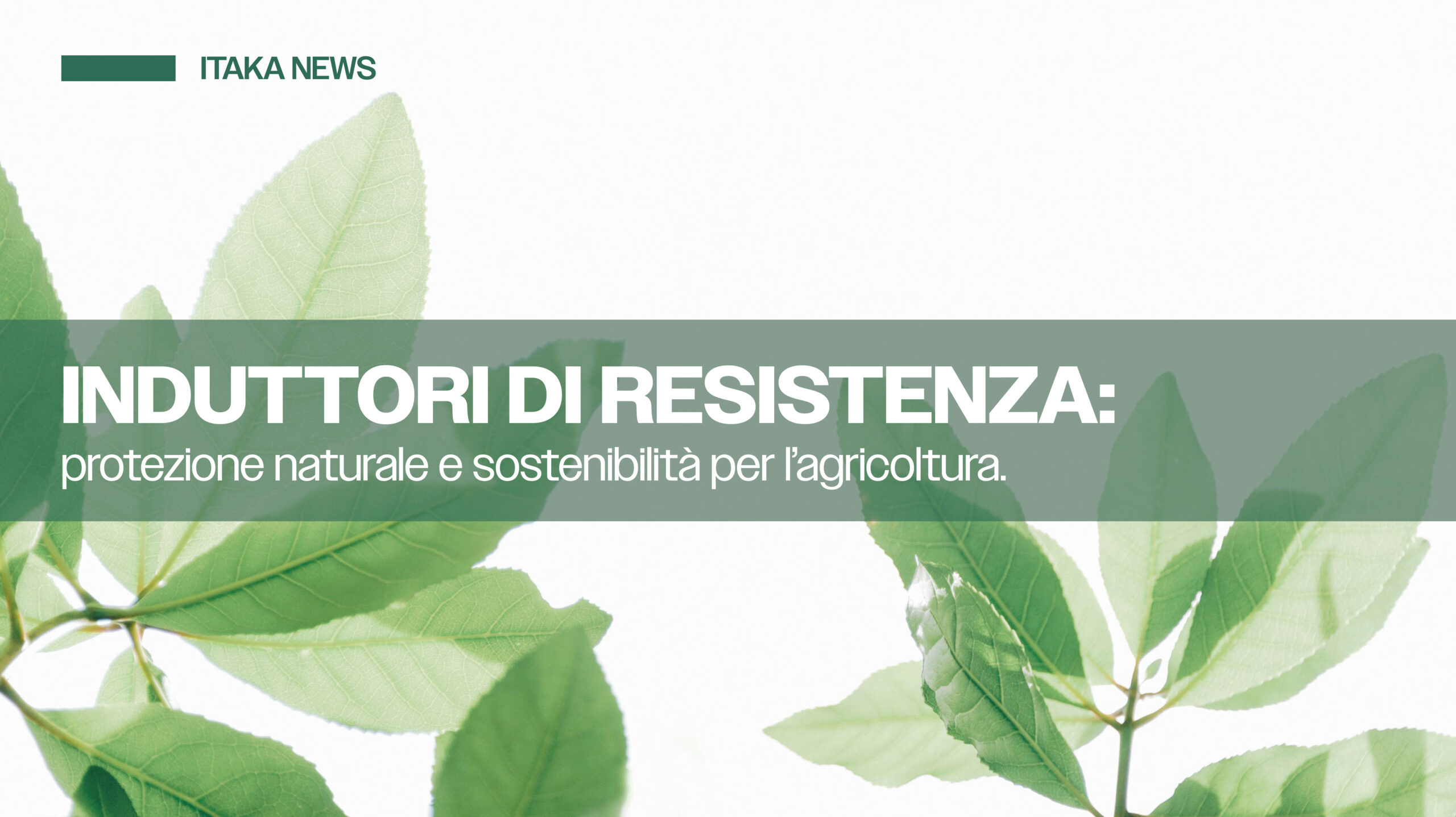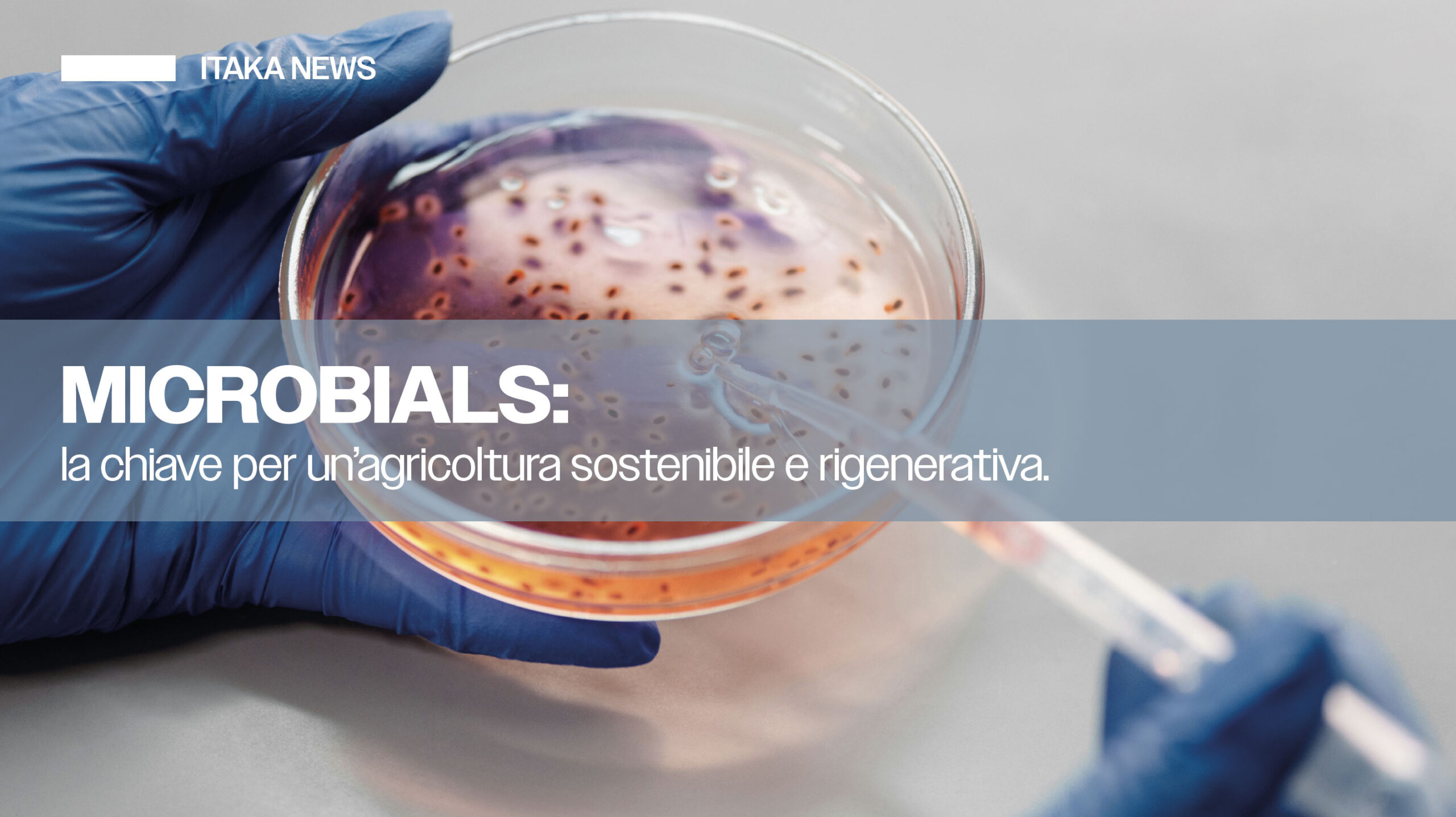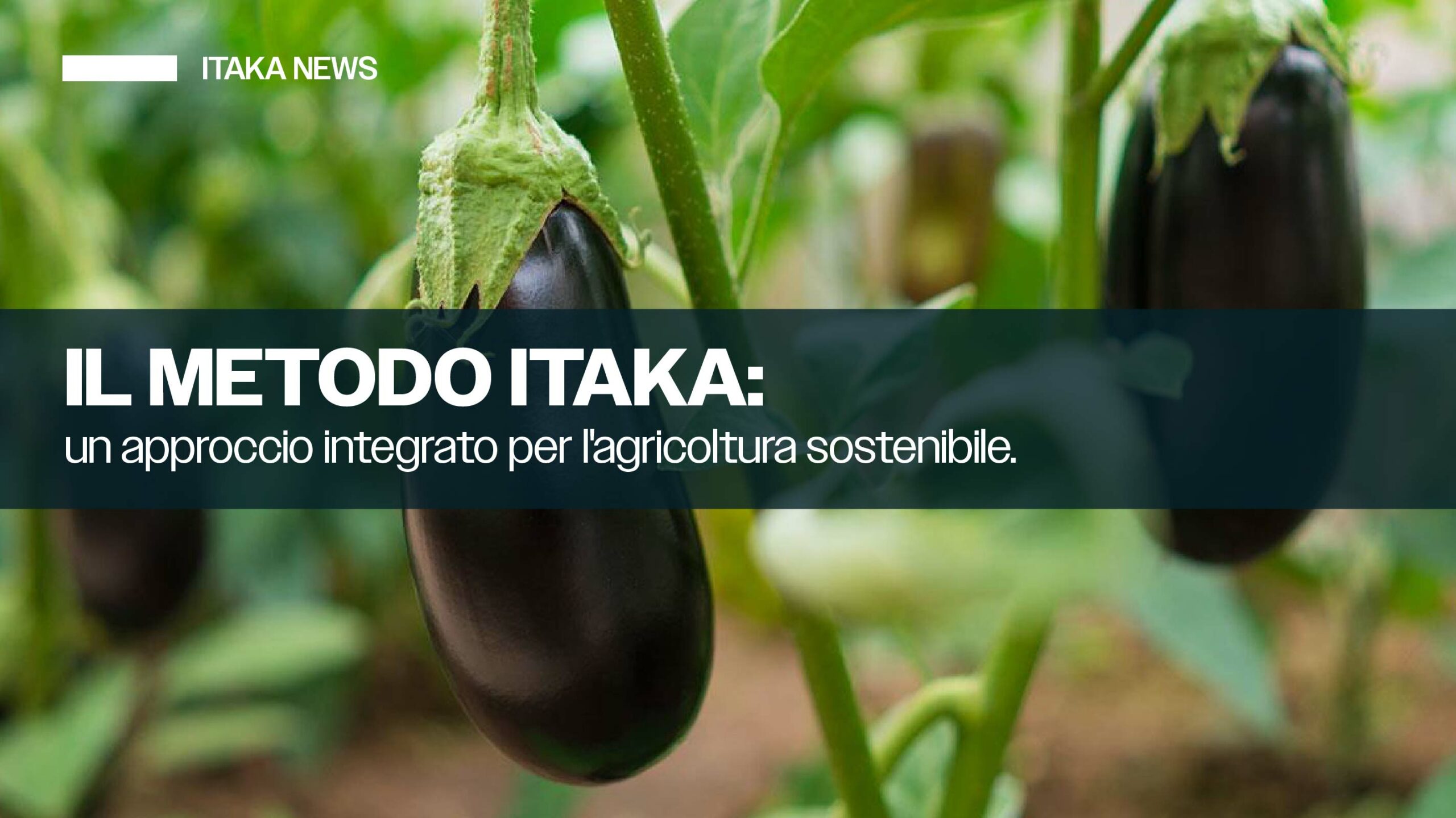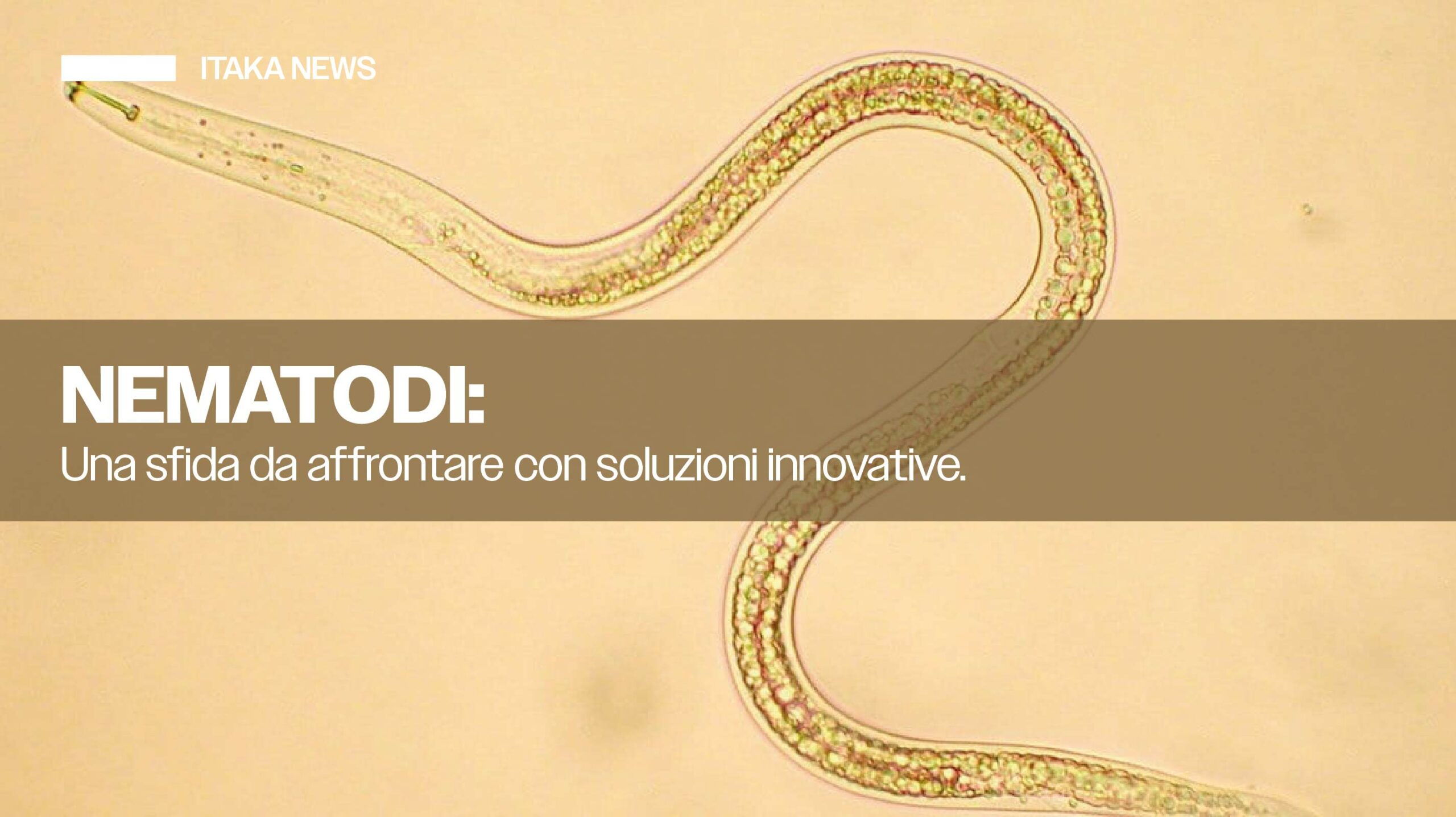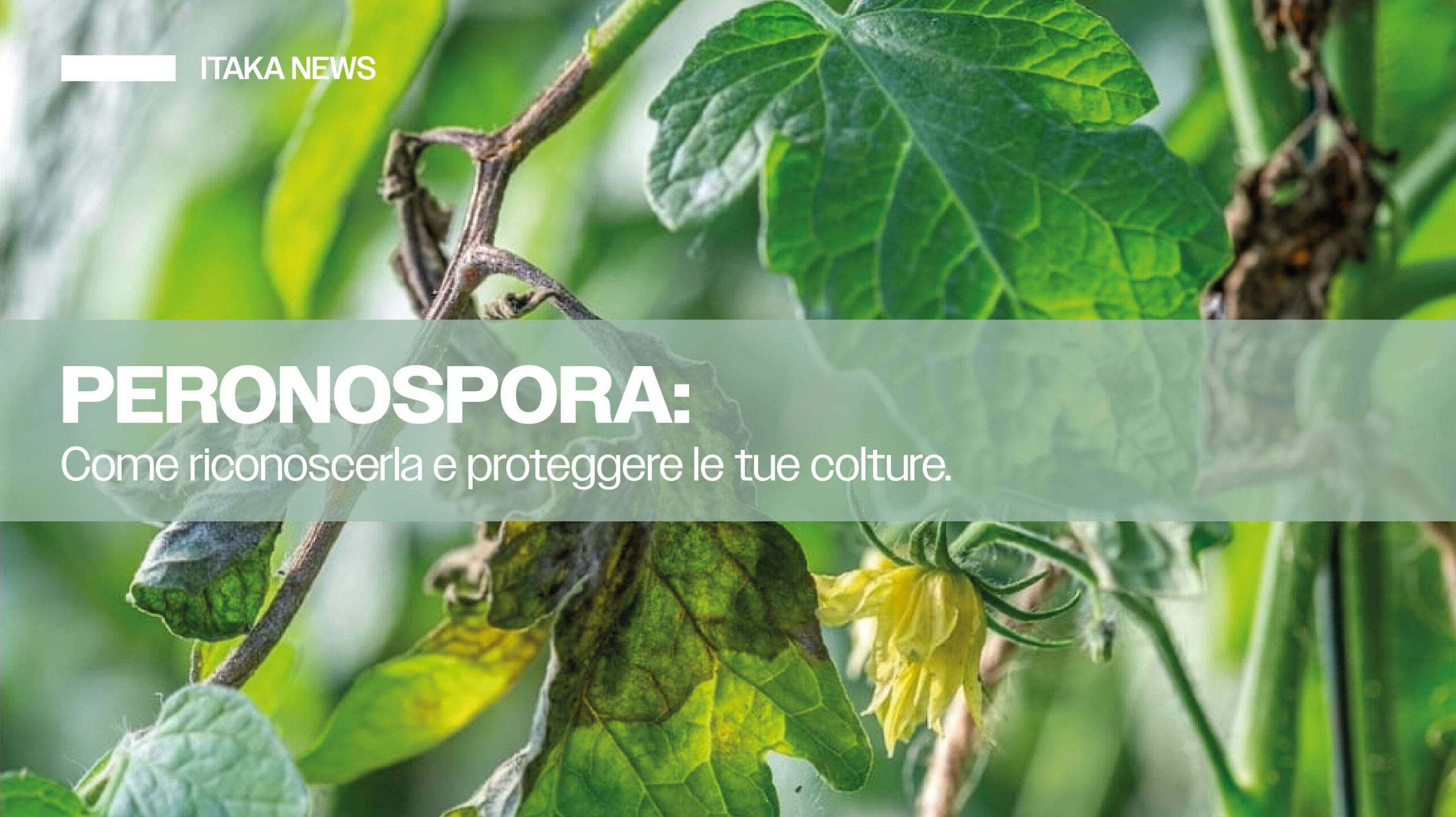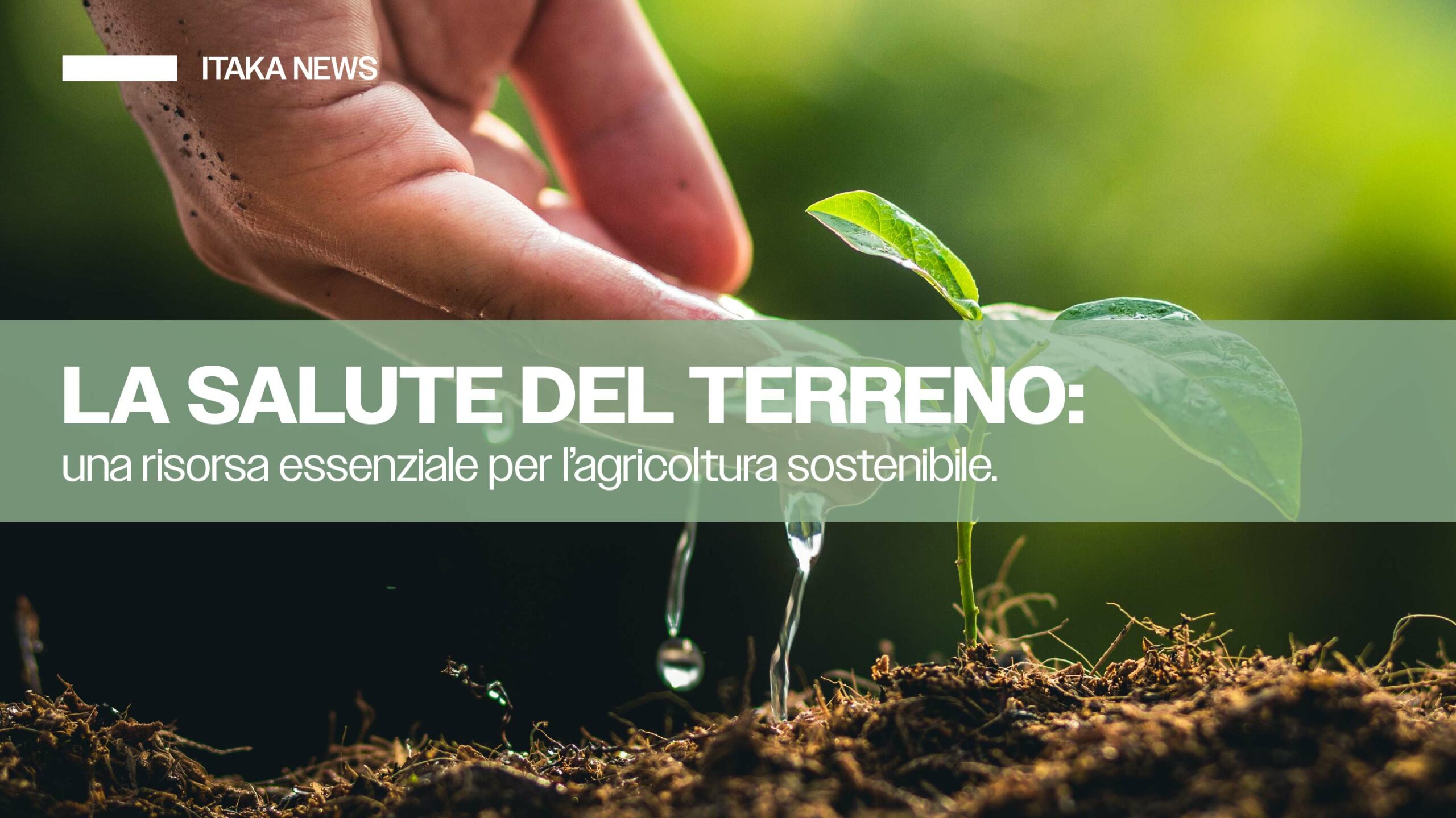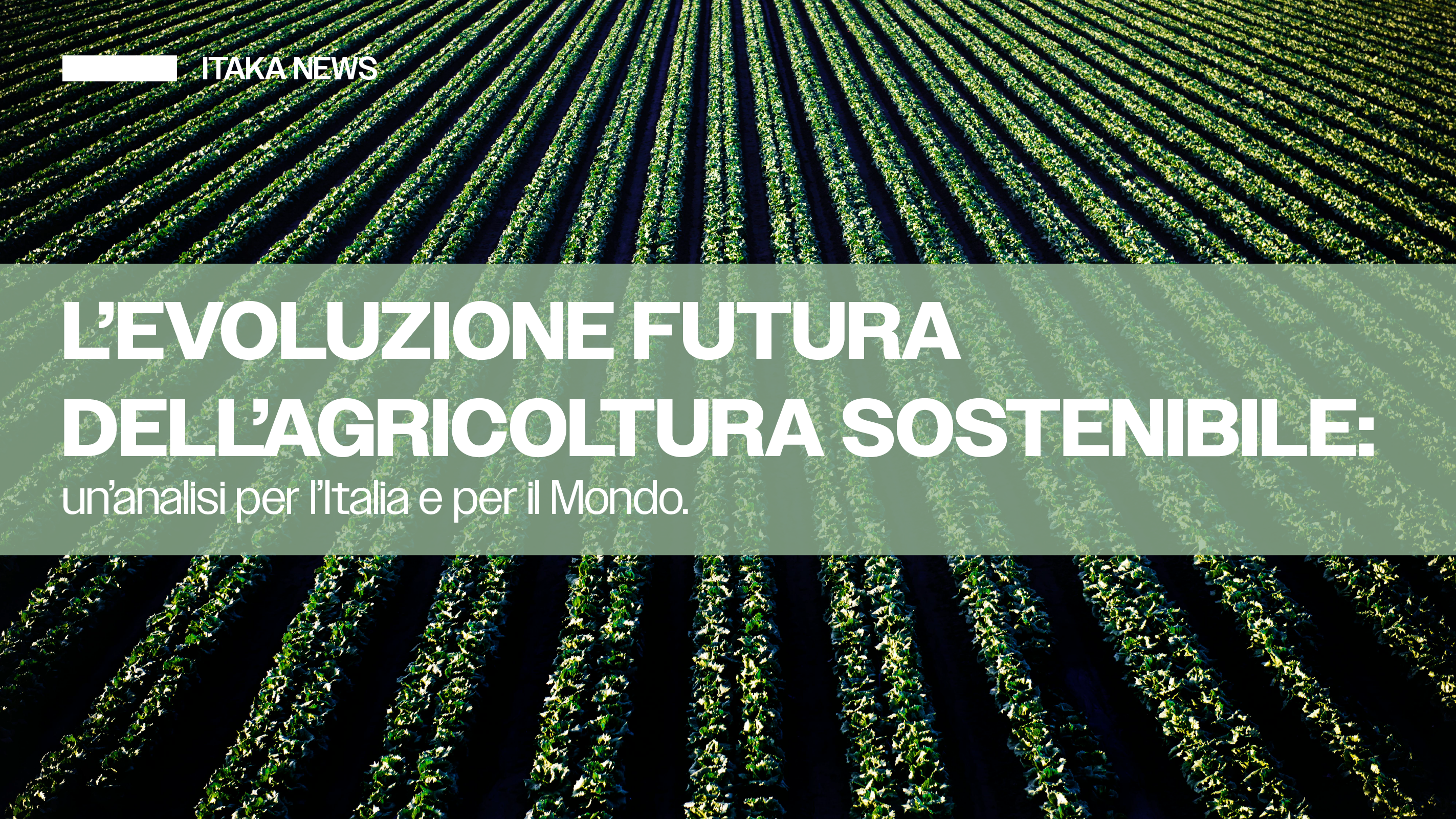In the global agricultural landscape, sustainability has become an indispensable priority. The year 2024 promises to be a crucial year for innovation in agriculture, with trends that promise to transform traditional practices and promote a greener, more sustainable future. Let’s explore together the main trends that will drive the development of sustainable agriculture in 2024.
1. Precision technology: innovation in the service of the earth
Precision technology continues to gain ground as one of the pillars of modern agriculture. The adoption of drones, advanced sensors and artificial intelligence systems is revolutionizing the way farmers manage their crops. These tools enable extremely accurate resource management, reducing water and fertilizer use and optimizing crop yields. With the ability to monitor soil and plant conditions in real time, farmers can make more informed and timely decisions, improving the efficiency and sustainability of their operations.
2. Regenerative agriculture: restoring soil health
Regenerative agriculture is emerging as a powerful answer to environmental and climate problems. This approach focuses on improving soil health through practices that increase biodiversity and restore natural ecosystems. Techniques such as crop rotation, composting and the use of cover crops not only improve soil quality, but also help reduce carbon dioxide release, thus combating climate change. Regenerative agriculture is not just a trend, but a movement toward a more resilient and sustainable food system.
3. Climate resilient crops: adapting to change
With rising global temperatures and extreme weather conditions, the need to develop more resilient crops has become pressing. Genetic research is leading to the creation of plant varieties that can survive and thrive in harsh climatic conditions. These climate-resilient crops not only ensure food security, but also reduce dependence on increasingly scarce natural resources, such as water.
4. Reducing food waste: efficiency and sustainability
Reducing food waste is another key trend in 2024. Innovation in food storage, logistics and inventory management is helping to reduce waste throughout the food supply chain. This not only helps save valuable resources, but also has a positive impact on the environment by reducing greenhouse gas emissions associated with the decomposition of food waste.
5. Circular economy in agriculture: closing the loop
The adoption of circular economy practices is becoming increasingly common in the agricultural sector. This approach involves the reuse of agricultural by-products and the integration of closed systems that minimize waste and maximize efficiency. For example, crop residues can be turned into biogas or compost, helping to reduce dependence on fossil fuels and improve soil fertility.
A sustainable future for agriculture
Sustainable agriculture is more than ever the focus of global attention. Innovations in 2024 promise to make the industry more efficient and environmentally friendly, helping to ensure food security for future generations. In a changing world, agriculture must adapt and innovate to meet the challenges of climate change and growing food demand. Itaka Crop Solution is committed to driving this change, supporting farmers with cutting-edge solutions for a greener, more sustainable future.
